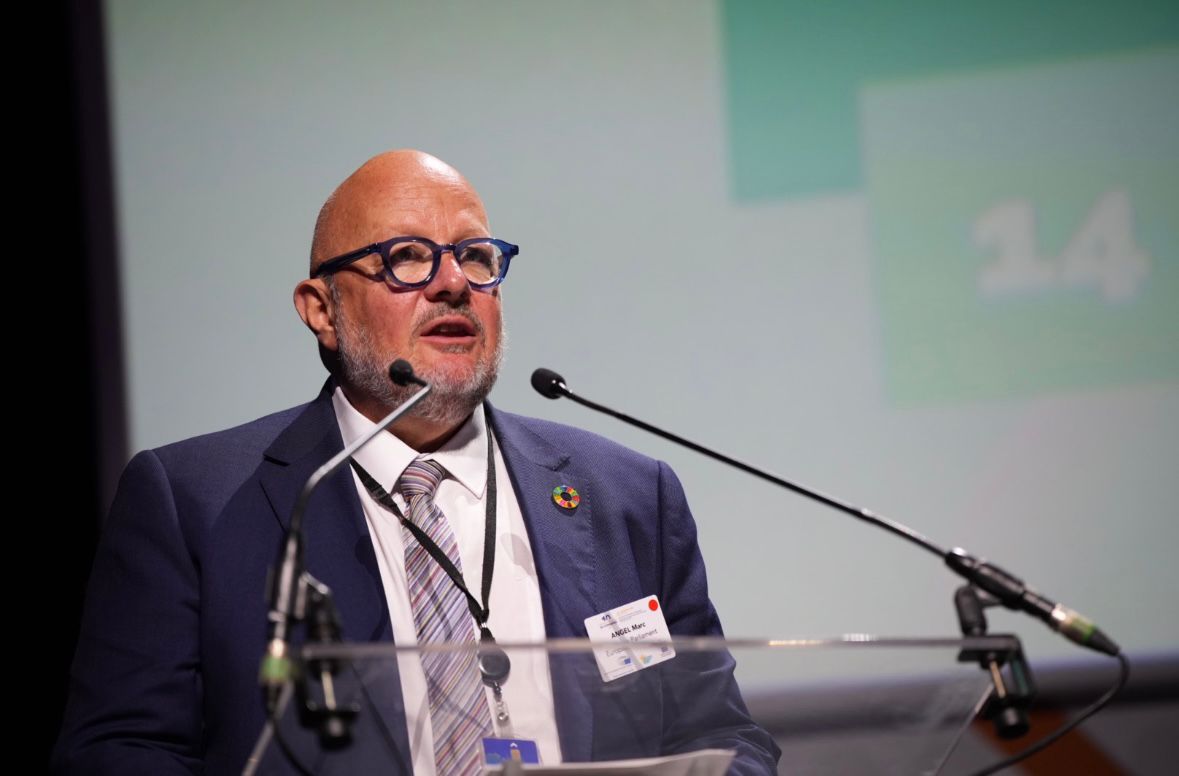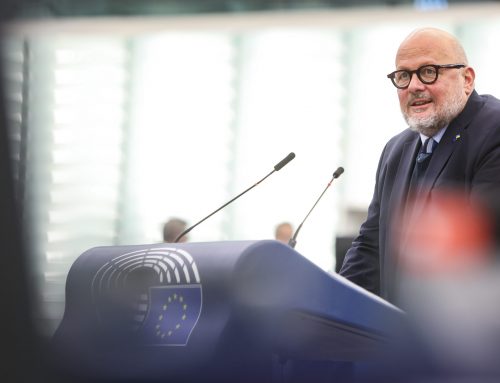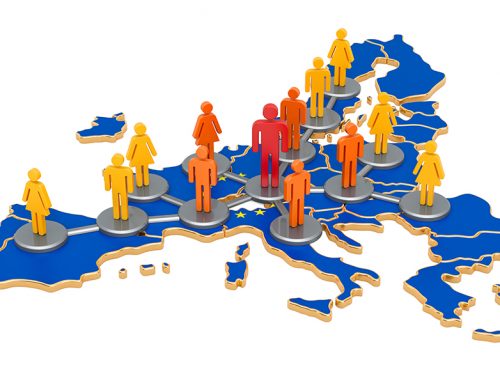
Dear Audience,
I would first like to thank the organizers of this high-level event that brings together policy makers and civil society to make a social Europe a reality. Indeed, administering care services is of crucial value for our societies, both in terms of the work itself and of meeting our objectives regarding employment, women’s empowerment, and gender equality.
Assistance and care for the elderly at home is one of the issues that all European Union countries are bound to face in the years to come. Not only is it financially unsustainable to institutionalize the care of all old people. Our elderly, understandably, also want to stay at home for as long as they are able to.
Equally, assistance and care for our children is a key priority that our Member States need to address. Childcare services are the necessary corollary to women’s empowerment. We cannot continuously call for more women in the workplace and a better work-life balance without providing affordable and quality childcare services.
Let us not beat about the bush and say it as it is: our economic system is based on a patriarchal architecture that needs revision. It is indeed well-known that women are shouldering a heavier burden in relation to caregiving tasks, often as informal workers. On average, women spend 3.2 times more hours on unpaid caregiving duties, such as taking care of children, than men.
As a result, in the European Union, around 7.7 million women are out of the labour market due to care responsibilities, compared to only 450.000 men. We need a paradigm change. It is time for a revolution to abandon outdated patriarchal and cultural customs, but also to reshape our economic model.
Care giving is a job, and we need to value care work by providing fair remuneration and good working conditions. To achieve this, the care sector needs public support and investment!
The Covid-19 crisis and the lack of investment in the care sector following the economic crises that shook Europe in the early 2000’s have shown the limits of our current model.
We also missed an opportunity when we failed to make investment in public care a mandatory part of EU recovery and resilience efforts. Without investment in quality public care, accessible to everyone from early childhood to old age, it will not be possible to break the vicious circle of dependence on informal caregivers.
It is time to recognize that caring for others is not just a noble expression of intergenerational solidarity. It is also a productive activity and sector. And, most importantly, it is a basic right and a public good that needs support and investment!
Dear all,
We also need to look at the potential of the care sector itself in terms of job creation, sustainability of our public budgets and its contribution to national wealth production.
A large part of household services is still performed by undeclared workers. Without any clear legal framework for this sector, care givers will remain at risk of social exclusion by being depraved of social benefits and protection. Studies have shown that the use of digital tools, the simplification of our regulatory systems, but also the use of national incentives can positively contribute to transforming a large part of undeclared activity into declared jobs, and to democratizing access to the sector for all. More declared jobs would be more valuable for our workers and our public budget. That is why I believe that EU Member States must strengthen their policy frameworks to deliver a sustainable system for the next generations.
By regulating this sector, our Member States must also develop domestic workers’ skills. It will guarantee a higher quality of services provided due to better qualification and specialization of our workers.
Finally, and if you allow me, I would like address the challenges faced by the European Union due to the situation at our borders and beyond. As you will all agree, migration has been a decisive and constant characteristic of our common, European history. It is the result of inequalities and geopolitical, socio-economic, demographic, and environmental changes. It is clear that the geopolitical situation in various parts of the world and climate change will have an impact in terms of migratory movements.
We should stop seeing migration as a factor supposedly undermining our economy, our European values, and our public budgets. Quite the opposite: we should consider migration as an opportunity to preserve our European way of living. And the European sector of domestic and home care may be one vehicle for an inclusive integration of migrants in our countries. Their qualifications, competences and work could be part of the answer to current challenges faced by the European Union in terms of availability of caregivers for our loved ones, elderly, and children.
Thank you.





